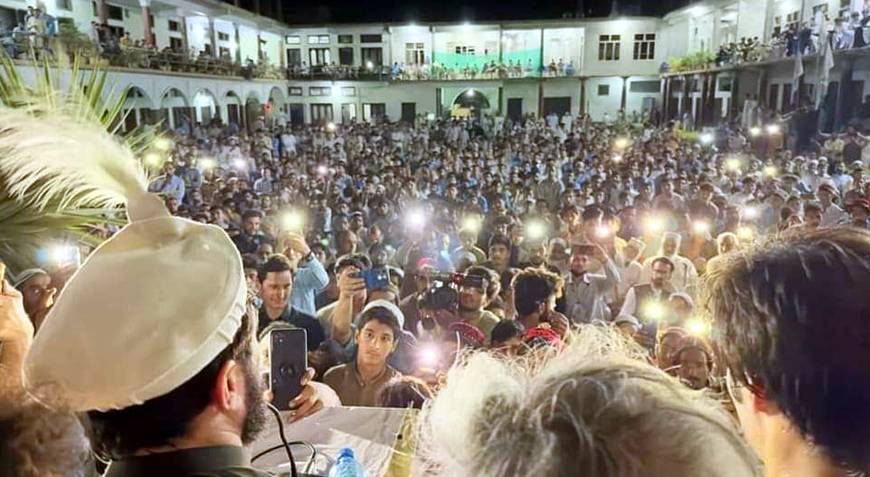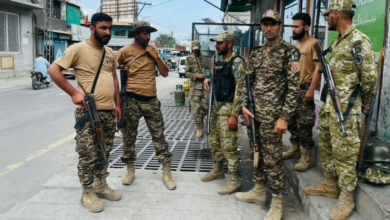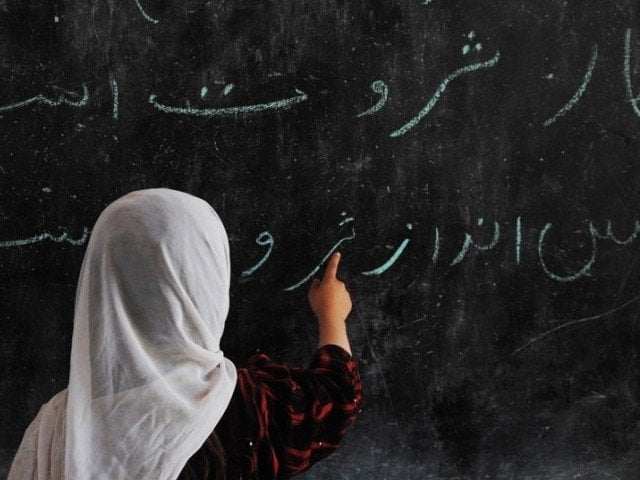In an unprecedented act of Ramadan goodwill, Pakistani authorities at the Torkham border deported 50 Afghan children instead of prosecuting them for smuggling narcotics, explosives, and other contraband. The decision came after intervention by the Frontier Corps KP (North) and local tribal elders, who argued that the children—many unaware of the risks—were being exploited by criminal networks.
Under Pakistan’s Foreign Act and Juvenile Justice Ordinance, these children could have faced imprisonment. However, in the spirit of Ramadan and ahead of Eid, tribal leaders successfully pushed for their release.
Shah Khalid Shinwari, Tehsil Chairman of Landikotal and a Jirga elder, stated:
“These are innocent children forced into smuggling by mafias. We appealed for their deportation instead of punishment, and thankfully, authorities agreed.”
While 50 children were spared, the crisis runs much deeper. Every day, around 800 Afghan children are used as smugglers at Torkham, ferrying illegal goods under coercion. Many are recruited by gangs that exploit poverty and instability.
Shinwari urged Afghan police, civil society, and parents to take action:
“These children should be in schools, not smuggling hubs. Without collective efforts, this cycle will never end.”
This incident has raised serious question like: Are Afghan authorities doing enough to protect these children? Should Pakistan strengthen border checks to prevent exploitation? Can international aid groups help rehabilitate these kids?
Also read: Pak-Afghan jirgas agree on ceasefire and reopening of Torkham Border




